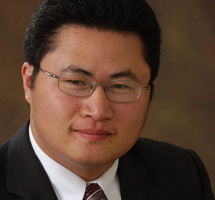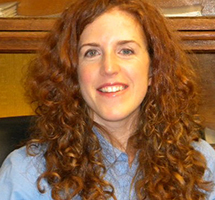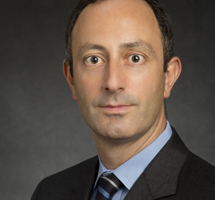MAY 13, 2015 — The Institute for Sustainability, Energy, and Environment (iSEE) has demonstrated its leadership of interdisciplinary research — and its ability to acquire federal funding — at the University of Illinois at Urbana-Champaign with a recent announcement of a new project to model the impact that extreme natural and human-made events can have on communities and ecosystems.

Ouyang

Murphy

Gardoni
The Institute helped secure more than $220,000, including direct pay for student researchers, from the U.S. Army Construction Engineering Research Laboratory (CERL), which will fund the study titled “System Dynamics Modeling of the Ecosystem-Infrastructure Interface.”
Primary Investigators Paolo Gardoni, an Associate Professor in the Department of Civil and Environmental Engineering (CEE), Yanfeng Ouyang, an Associate Professor of CEE, and Colleen Murphy, an Associate Professor in the College of Law and the Department of Philosophy, will lead a team that will examine the effects of possible natural events such as earthquakes, tsunamis, and hurricanes — as well as human actions such as terrorist attacks or interventions.
“Evidence from several case studies shows that the socioeconomic status of a community influences how it is impacted,” Gardoni said. “The focus of this project is to predict measures of impact of future events. We will use an extensive database and additional modeling to predict the extent of the impact of such an event — as well as the length of recovery, or resilience of the affected community or ecosystem.”
The team will use a “capability approach” that will explain what residents can do — or be — after such a stressor occurs, he said. “We will go beyond the traditional measures of impact like fatalities and injuries. More details and refined measures are essential especially when looking at the recovery phase.”
The team will also build sophisticated mathematical models to understand vulnerability of complex interdependent infrastructure systems — such as water pipelines, roadways, power grids, and communication networks — that are closely attached to communities.
“Particular focus will be on capturing deterministic and random propagation of cascading disruptions — such as water shortage caused by electricity outage and pump failures — and the collective impacts to residents,” Ouyang said. The research will also explore ways to mitigate such vulnerability through more robust pre-disaster design and more effective emergency responses, he said.
Gardoni said the project is interdisciplinary, with a team that has members with very different expertise, as the researchers will look at engineering, social, economic, legal, and political aspects. The genesis for the project started with iSEE, which sought out specific researchers to ensure the inclusion of multiple disciplines.
“The Institute was very instrumental in defining the scope of the project and in making sure it fit within CERL’s interest areas,” Gardoni said. “(iSEE Director) Evan DeLucia and (Managing Director) Jenny Kokini did a great job of matchmaking, which was essential in putting the right team together, then put a lot of effort into the scope, interest and intellectual value of our research.”
“Without iSEE, this project would not have come together. It is difficult to start research like this within the traditional boundaries of a department, and having an institute bringing together people from across campus is a huge added benefit for our research community.”
iSEE was launched in December 2013 to lead an interdisciplinary approach for the world’s pressing sustainability, energy, and environmental needs today and tomorrow. It has seed-funded three projects, totaling $940,000 within its five research themes: Climate Solutions, Energy Transitions, Secure & Sustainable Agriculture, Sustainable Infrastructure, and Water & Land Stewardship. Two or three more thematic projects will receive seed funding in June 2015.
For more about Gardoni’s research on Multi-hazard Approach to Engineering, please visit http://mae.cee.illinois.edu. Ouyang’s research can be found at http://web.engr.illinois.edu/~yfouyang/. Murphy’s research can be found at http://faculty.las.illinois.edu/colleenm/.